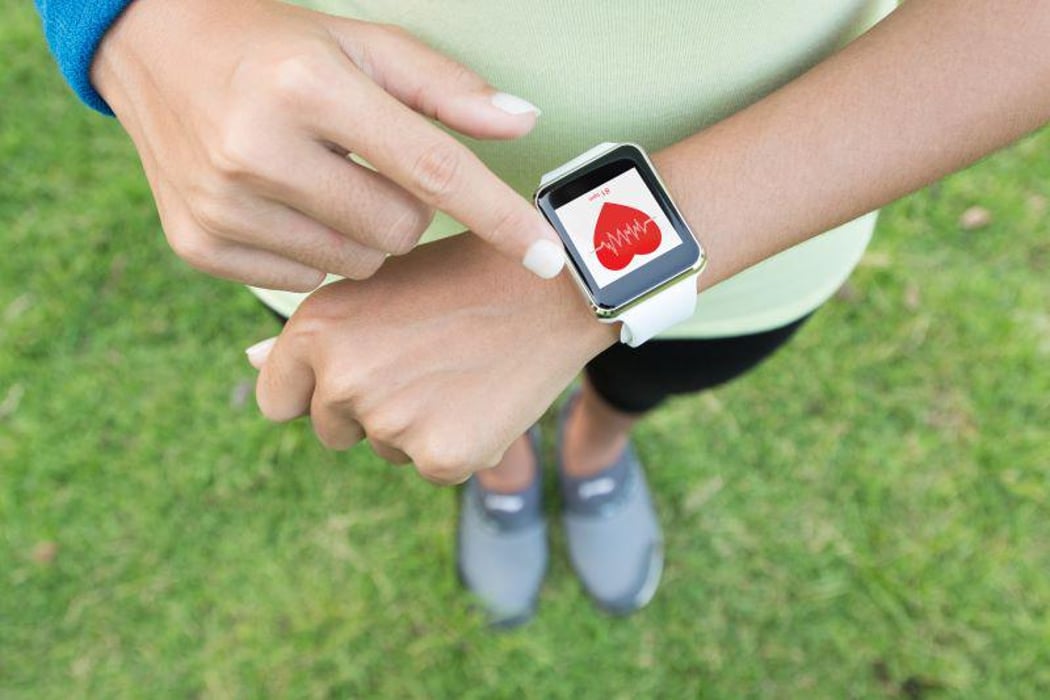Screening for A-Fib Using Wearable Devices May Be Cost-Effective

FRIDAY, Aug. 5, 2022 (HealthDay News) -- Screening for atrial fibrillation (AF) using wearable devices seems to be cost-effective compared with no screening or screening using traditional methods, according to a study published online Aug. 5 in JAMA Health Forum.
Wanyi Chen, Ph.D., from Massachusetts General Hospital in Boston, and colleagues conducted an economic evaluation using a microsimulation decision-analytic model comprising 30 million simulated individuals with an age, sex, and comorbidity profile matching the U.S. population aged 65 years or older. Eight AF screening strategies, including six using wrist-worn wearable devices and two using traditional modalities, were compared to no screening. The primary outcome was the incremental cost-effectiveness ratio.
The researchers found that all six strategies with wrist-worn wearable devices were estimated to be more effective than no screening and were associated with greater relative benefit than screening using traditional modalities. Screening using wrist-worn wearable devices versus no screening was associated with a reduction in stroke incidence by 20 to 23 per 100,000 person-years but an increase in major bleeding by 20 to 44 per 100,000 person-years. Wearable photoplethysmography was the overall preferred strategy, followed conditionally by wearable electrocardiography with patch monitor confirmation (incremental cost-effectiveness ratio, $57,894 per quality-adjusted life-year). Across multiple scenarios, the cost-effectiveness of screening was consistent.
"The cost-effectiveness of AF screening enabled by wearable devices persisted across multiple clinically relevant scenarios, including screening a general population aged 50 years or older with risk factors for stroke," the authors write.
Several authors disclosed financial ties to the pharmaceutical and medical technology industries.
Related Posts
Queen Elizabeth II Has COVID-19
MONDAY, Feb. 21, 2022 (HealthDay News) -- Queen Elizabeth II has mild, cold-like...
El impacto de las conmociones en la memoria y el pensamiento podría perdurar más de un año
JUEVES, 17 de febrero de 2022 (HealthDay News) -- La memoria y las habilidades...
Cardiovascular Fitness Tied to Lower IBD Risk in Children
TUESDAY, May 9, 2023 (HealthDay News) -- Cardiovascular fitness may lower the...
Biden Administration Announces National Plan to End Hunger by 2030
TUESDAY, Sept. 27, 2022 (HealthDay News) -- The White House on Tuesday released...
